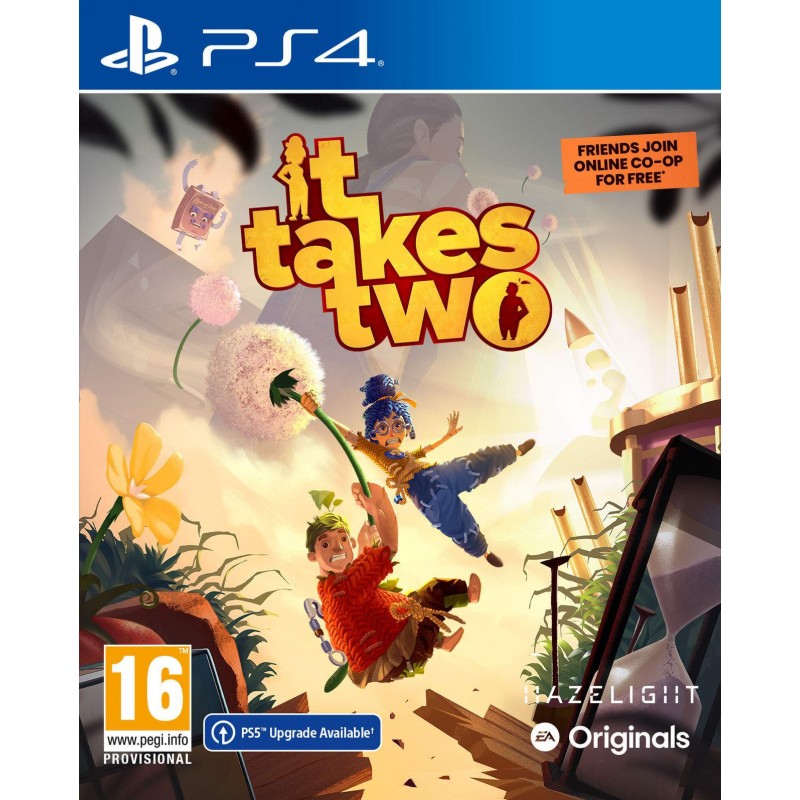


Its representation of marital conflict is thinner than what we saw in the glut of 1990s divorce movies ( Mrs. The writing feels like a throwback to a different time, with the subtlety and emotional depth of a TGIF sitcom. We constantly wondered who It Takes Two is for as we made our way through the game. One minute, we’re watching a cutscene of Rose being neglected by the comatose bodies of her parents, whose consciousnesses have been transported into invisible toys the next moment, we’re a pair of sentient dolls killing squirrels with a tiny missile launcher attached to a toy plane kept afloat by a man’s heart-patterned boxer shorts. The actual game manages to be even stranger and more unsettling than its elevator pitch suggests. Since two players are mandatory in It Takes Two, we (Plante! Frushtick!) played together as would-be divorcees May and Cody. Image: Hazelight Studios/Electronic Arts via Polygon Whether someone else should join you on this journey is another question entirely. To lower the bar of entry, the game actually comes with a “Friend Pass” that allows you to invite anyone to join you online, even if they don’t own the game themselves. It Takes Two is equally reliant on bringing another player into the fold (either via an online connection, or in couch co-op). This co-op-first mentality is no shock given that It Takes Two was created by Hazelight Studios, which made a name for itself with its two-player prison escape family dramedy, A Way Out. What better way for two players to explore the trials of a spousal separation than through physics puzzles and platforming challenges? But when their child Rose unwittingly curses them into the bodies of dolls, the couple must learn to love one another again with the help of The Book of Love, a talking, anthropomorphic book with a questionable accent that vacillates between Italian, French, Spanish, and Unplaceable. It Takes Two continues the trend, adapting a broken marriage into a cooperative action-adventure game.Ĭody and May have decided it’s better to break up than to stay together. Over the last decade, video game creators have poked at more adult topics like depression, parenthood, and grieving for lost loved ones.


 0 kommentar(er)
0 kommentar(er)
